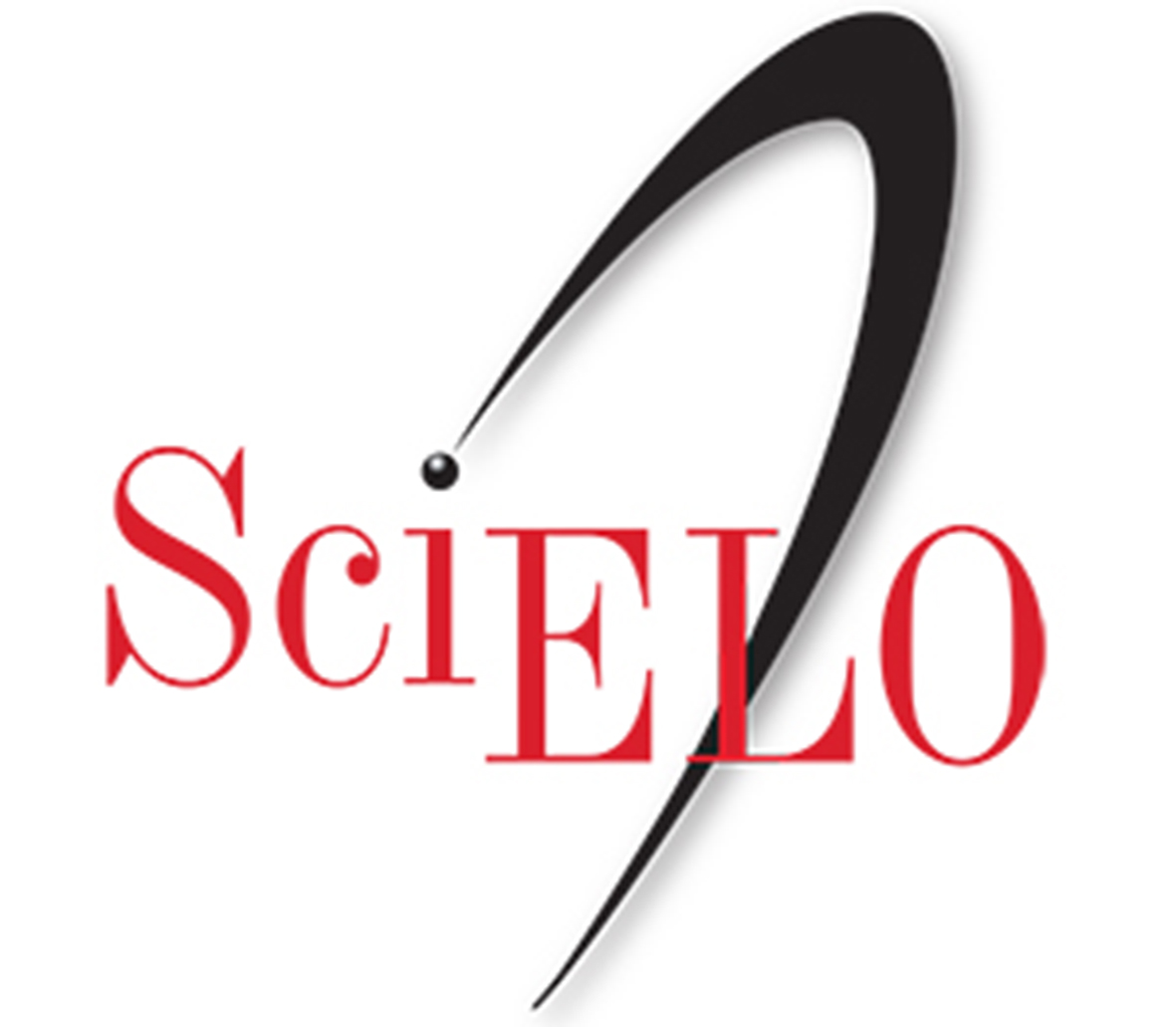THE TRADE OF THE RAICILLER
Abstract
The goal of this work is to analyze the production of raicilla, a distillate of agave, as a community value, one which mobilizes social actors who strive to maintain a role and a voice in society. They also seek the sustainable development of their environment and, consequently, the socio-economic progress of their families and communities. From a sociological perspective and using a qualitative methodology, the study assesses the representations and social imaginaries of the artisanal distillers who produce raicilla. It also allows an understanding of the problems and vicissitudes that they confront in order to maintain and conserve part of the cultural heritage of the west coast-mountain region of Jalisco.
Keywords: Raicilla, Identity Regional, Local Development, Social Representations, West Coast-mountain Jalisco.
References
BARRERA, N. La Disputa por la Vida: Memoria biocultural, culturalezas y territorios en rivalidad. Universidad Autónoma de Querétaro. XVI Diplomado en Análisis de la Cultura. México: Coordinación Nacional de Antropología-Instituto Nacional de Antropología e Historia, 2013.
BOEGE, E. El patrimonio biocultural indígena de México. México: Instituto Nacional de Antropología e Historia /Comisión Nacional para el Desarrollo de los Pueblos Indígenas, 2008.
CALVO, I.; GRANADOS, M. S. La ciudad en cuarentena, Chicha, patología social y profilaxis. América Latina hoy: Revista de Ciencias sociales, 33 (1), Bogotá, 2002.
CONSEJO NACIONAL DE POBLACIÓN (CONAPO). (2010). Consejo Nacional de Población. México: Secretaría de Gobernación. En http://www.conapo.gob.mx/es/CONAPO/Indice_de_Marginacion_por_Localidad_2010, 2010.
CONFERENCIA INTENACIONAL SOBRE DIVERSIDAD BIOLÓGICA Y CULTURAL (2010). -Informe Diversidad para el desarrollo- desarrollo para la diversidad. En Conferencia Internacional sobre diversidad biológica y cultural. Montreal. En https://www.cbd.int/doc/meetings/development/icbcd/official/icbcd-scbd-unesco-es.pdf, 2010.
COMISIÓN NACIONAL FORESTAL (2012). Informe de evaluación social, México: Comisión Nacional Forestal. En: https://www.gob.mx/cms/uploads/attachment/file/53978/Informe_de_Evaluacion_social.pdf, 2012
COMISIÓN NACIONAL PARA EL CONOCIMIENTO Y USO DE LA BIODIVERSIDAD (CONABIO). (2005) OMBRE DEL DOCUMENTO QUE ESTA REFERENCIADO, DATOS EN APA, 2005.
GARCÍA, N. Los usos del patrimonio cultural. En Aguilar E. (Coord.) Patrimonio etnológico. Nuevas perspectivas de estudio (16-33). España: Consejería de Cultura-Junta de Andalucía. https://dialnet.unirioja.es/servlet/libro?codigo=1525, 1999.
GÓMEZ-BAGGETHUN, E. Perspectivas del conocimiento ecológico local ante el proceso de globalización. Papeles de relaciones ecosocial es y cambio global, 107, pp. 57-56, recuperado en http://navarrof.orgfree.com/Docencia/FSC/ConocimientoEcologicoLocalGlobalizacion.pdf, 2009.
HERNÁNDEZ, J. Cultivar mezcal tequilero en tiempos de bonanza. En J. Vera y Fernández R. (comp.). .Agua de las verdes matas. Tequila y Mezcal (147-156). México, Conaculta, 2015.
INSTITUTO DE INFORMACIÓN ESTADÍSTICA Y GEOGRAFÍA DE JALISCO. Censos y conteos nacionales 2010-2015 . En https://www.inegi.org.mx/, 2017.
INSTITUTO DE INFORMACIÓN ESTADÍSTICA Y GEOGRAFÍA DE JALISCO. (2010). Censo de Población y vivienda. Em https://iieg.gob.mx/general.php?id=4&idg=45, 2010.
INSTITUTO DE INFORMACIÓN ESTADÍSTICA Y GEOGRAFÍA. Censo de Población y vivienda. https://www.inegi.org.mx/programas/ccpv/2010/, 2010.
INSTITUTO NACIONAL DE ESTADÍSTICA Y GEOGRAFÍA. Conteo de Población y vivienda. México: Instituto Nacioanl de Estadísitca y Geografía. https://www.inegi.org.mx/programas/ccpv/2005/, 2005
KAISER, B. Renacimiento Rural. Sociología del campo en el mundo occidental. Francia: Colin, 1990.
LINCK T.; BARRAGÁN, E. ¿Calificar los quesos tradicionales? Los dilemas de la apropiación y valor de los recursos cognitivos. En Pérez Akaki P., A. A. González & W. Picado (COORD). Saberes de origen. Experiencias de México y Centroamérica (325-346). México: Universidad Nacional Autónoma de México-Facultad de Estudios Superiores de Acatlán, 2018.
LINCK, T. (2018). ¿Constituyen las denominaciones de origen palancas para la implementación de um desarrollo territorial sustentable y justo? En Pérez Akaki P., A. A. González & W. Picado (COORD). Saberes de origen. Experiencias de México y Centroamérica (27-39). México: Universidad Nacional Autónoma de México-Facultad de Estudios Superiores de Acatlán, 2018.
LUNA ZAMORA, R. La historia del tequila, de sus regiones y sus hombres. México: Consejo Nacional para la Culura y las Artes, 1991.
MÉNDEZ, J. De crudas y moralidad: campañas antiaalcohólicas en los gobiernos postrevolucionarios (1916-1931). En E. Sánchez. Cruda realidad. Producción, consumo y fiscalidad de las bebidas en México y América Latina, siglos XVII-XX (243-269). México: Instituto de investigaciones Dr. José María Luis Mora, 2007.
MUÑOZ, Ó. Permanencia en el tiempo. Antropología de la historia en la comunidad purhépecha de Sevina. Zamora: El Colegio de Michoacán, 2009.
PRONTUARIO DE INFORMACIÓN GEOGRÁFICA MUNICIPAL. INEGI: Jalisco, 2005.
PLAN DE DESARROLLO DE LA REGIÓN COSTA-SIERRA OCCIDENTAL 2015-2025. Guadalajara: gobierno de Jalisco- Planeacióm, adminsitración y Finanzas. En file:///C:/Users/27-b100la/Downloads/09_Plan_Regional_de_Desarrollo_Region_Costa-Sierra_Occident
al.pdf, 2015.
PUCHE, M. C. S. ; ARCE, J. C. L. El mezcal en Xochitécatl-Cacaxtla, Tlaxcala. Arqueología Mexicana, 114 (19), pp. 44–51, 2012.
RAFFESTIN, C. Por una geografía del poder. Zamora: El Colegio de Michoacán, 2013.
SANTOS, M. La Naturaleza del Espacio. Técnica en el tiempo. Razón y emoción. Barcelona: Ariel, 2005.
SECRETARÍA DE GOBERNACIÓN. DIARIO OFICIAL DE LA FEDERACIÓN. México, 2019.
TOLEDO, V. M.; BARRERA-BASSOLS, N. La memoria biocultural: La importancia ecológica de las sabidurías tradicionales. Barcelona: Icaria Editorial, 2008..
VÁZQUEZ-BARQUERO, A. Las nuevas fuerzas del desarrollo. Barcelona: Antoni Bosch, 2005.

This work is licensed under a Creative Commons Attribution 4.0 International License.
Authors who publish in this journal agree to the following terms:
- Authors retain the copyright and grant MERCATOR the right of first publication, with the work simultaneously licensed under the Creative Commons Attribution License, which allows the sharing of the work with recognition of the authorship of the work and initial publication in this journal.
- Authors are authorized to sign additional contracts separately, for non-exclusive distribution of the version of the work published in this journal (e.g., publish in an institutional repository or as a book chapter), with acknowledgment of authorship and initial publication in this journal.
- Authors are allowed and encouraged to publish and distribute their work online (e.g., in institutional repositories or on their personal page) at any point before or during the editorial process, as this can generate productive changes as well as increase the impact and citation of the published work (see The Effect of Free Access).
- Authors are responsible for the content of the manuscript published in the journal.






